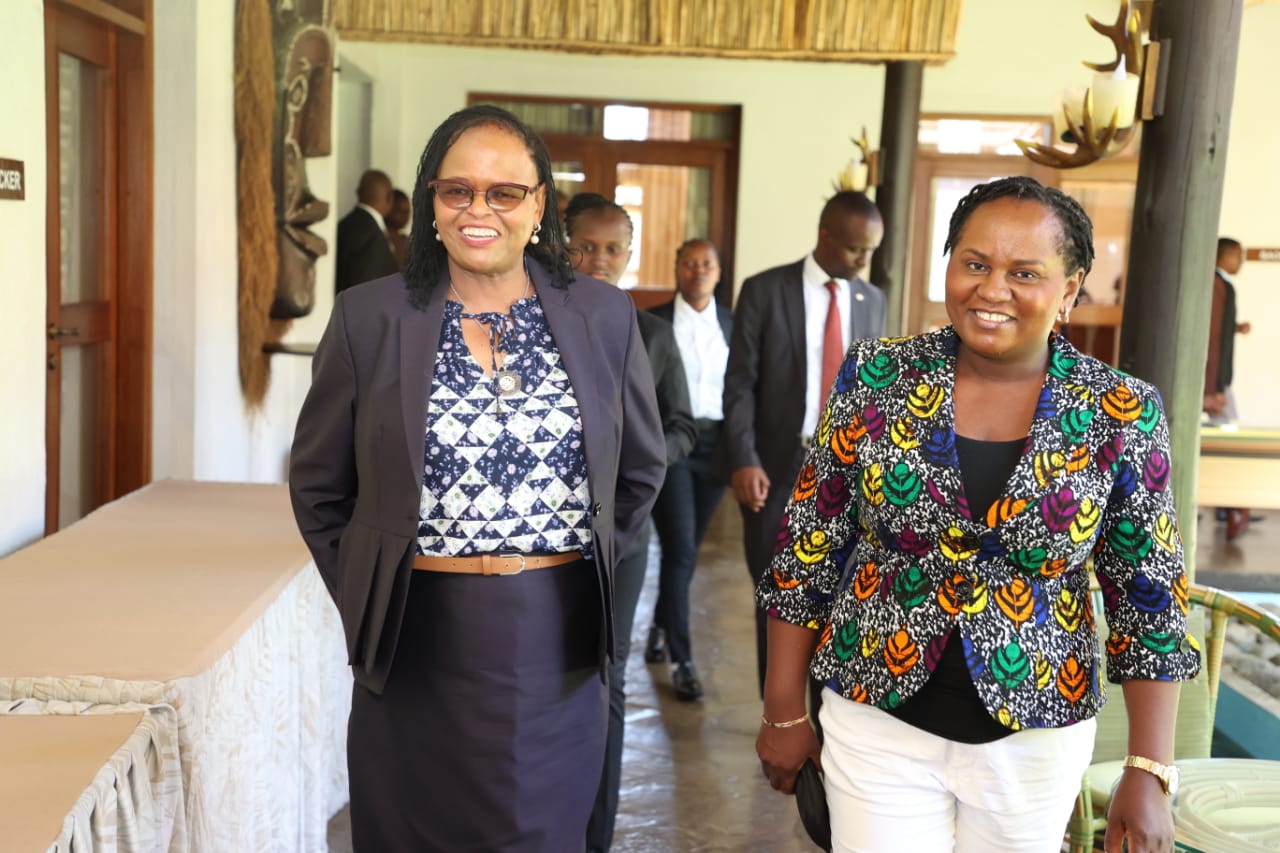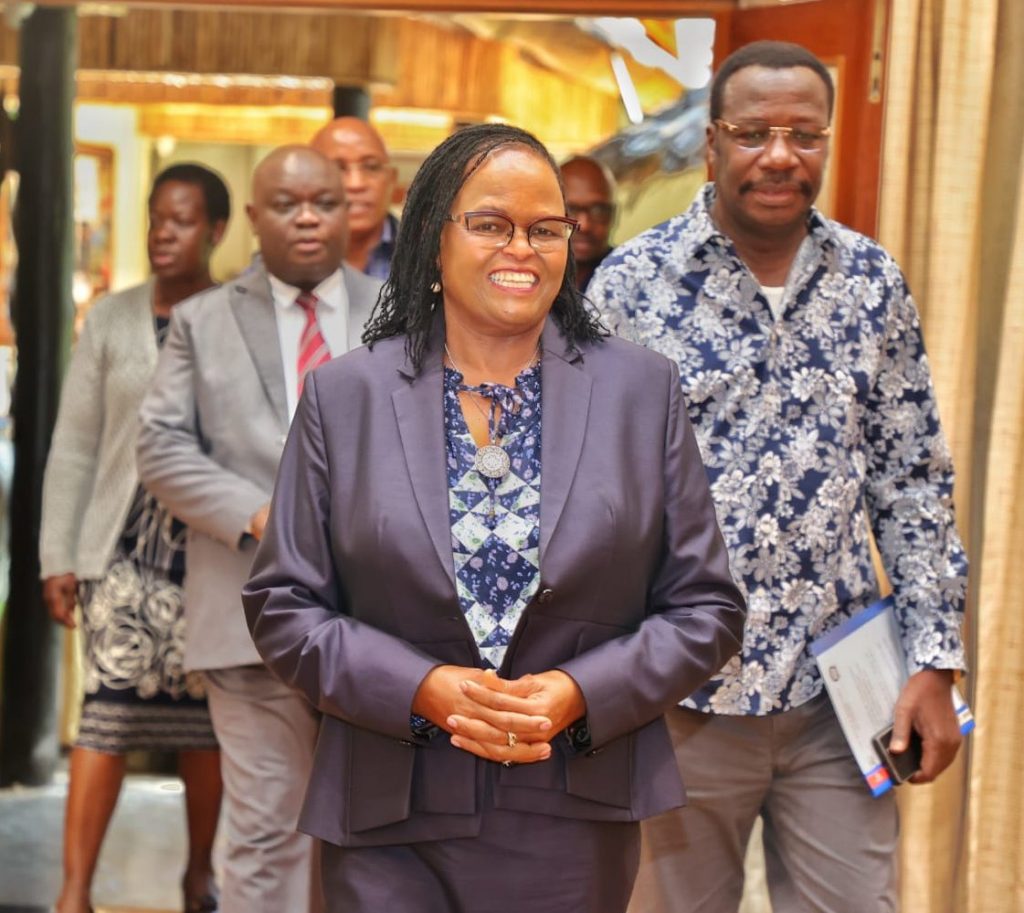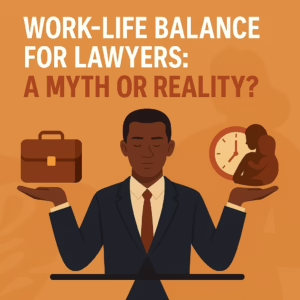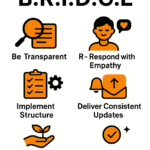Chief Justice Martha Koome established new divisions within the Employment and Labour Relations Court on March 30, in a bid to deal with increased backlog.
During a training session for judges of the ELRC in Nairobi, the Chief Justice stated that the Employment Court will now have three new divisions.
“Upon request by the Principal Judge of the ELRC, I have established the Judicial Review and Labour Rights Division, Appeals Division, and Claims & Labour Relations Division,” the President of the Supreme Court revealed on her official twitter account.
CJ Koome also added that she had appointed presiding judges for each of the new divisions in the Employment Court.
The new divisions are also meant to aid with the handling of the cases within the court, especially in Nairobi.
“This was necessary considering that 59% of the cases filed in the ELRC during the Financial Year 2021/22 were filed in Nairobi ELRC.”
The Chief Justice added, “The divisions should help in enhancing docket management and efficiency in management of cases from filing to determination.”
3. Upon request by the Principal Judge of the ELRC, I have established the Judicial Review and Labour Rights Division, Appeals Division, and Claims & Labour Relations Division and appointed Presiding Judges for each division. pic.twitter.com/NWTou6zP8k
— Hon. Justice Martha K. Koome, EGH (@CJMarthaKoome) March 30, 2023
CJ Koome established these during a training session for judges of the ELRC that was held in Nairobi, and organised by the Kenya Judiciary Academy.
“We endeavour to hold such trainings to ensure judges of the court stay abreast with evolving employment and labour relations disputes, while also sharing ideas on improving court processes and case management.”

At the same time, the Chief Justice was adamant that the courts are meant to engage in a ‘palliative role’ when it comes to those who approach the courts for justice, helping to lighten the load rather than causing trauma.
“We are in the era of people-centred justice, meaning that our focus is on how we address the justice needs of our people.”
–CJ–
A specialised court, the ELRC is established under Article 162(2)(a) of the Constitution, and operationalised by the Employment and Labour Relations Act of 2011.
The Employment Court seeks to hear and determine all disputes relating to employment and labour relations. This ranges from disputes and enforcement of agreements between employer-employee, trade unions, employment organisations and federations.
ELRC is comprised of a Principal Judge, Judges, Registrar, Deputy Registrars and judicial staff. The Principal Judge is elected from among the judges of the court, and serves a term of five years.
The Employment Court has stations and sub-registries in various counties across Kenya.
Though a specialised court, the ELRC has the status of the High Court.



















